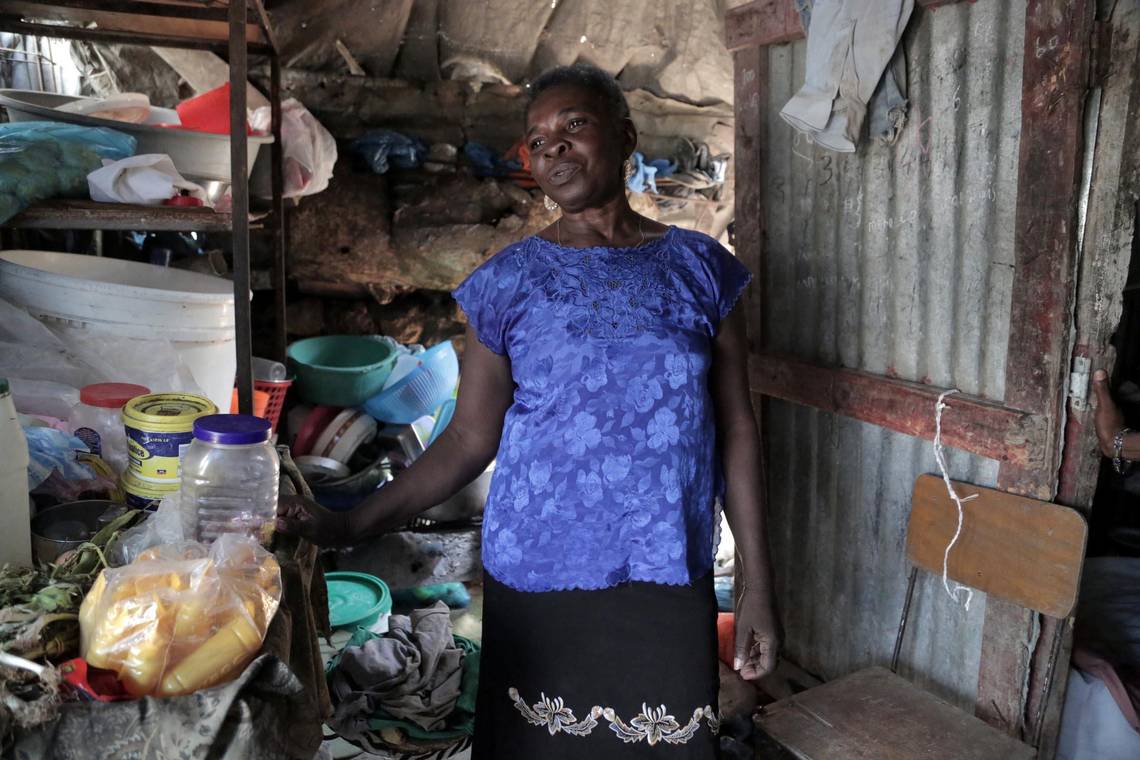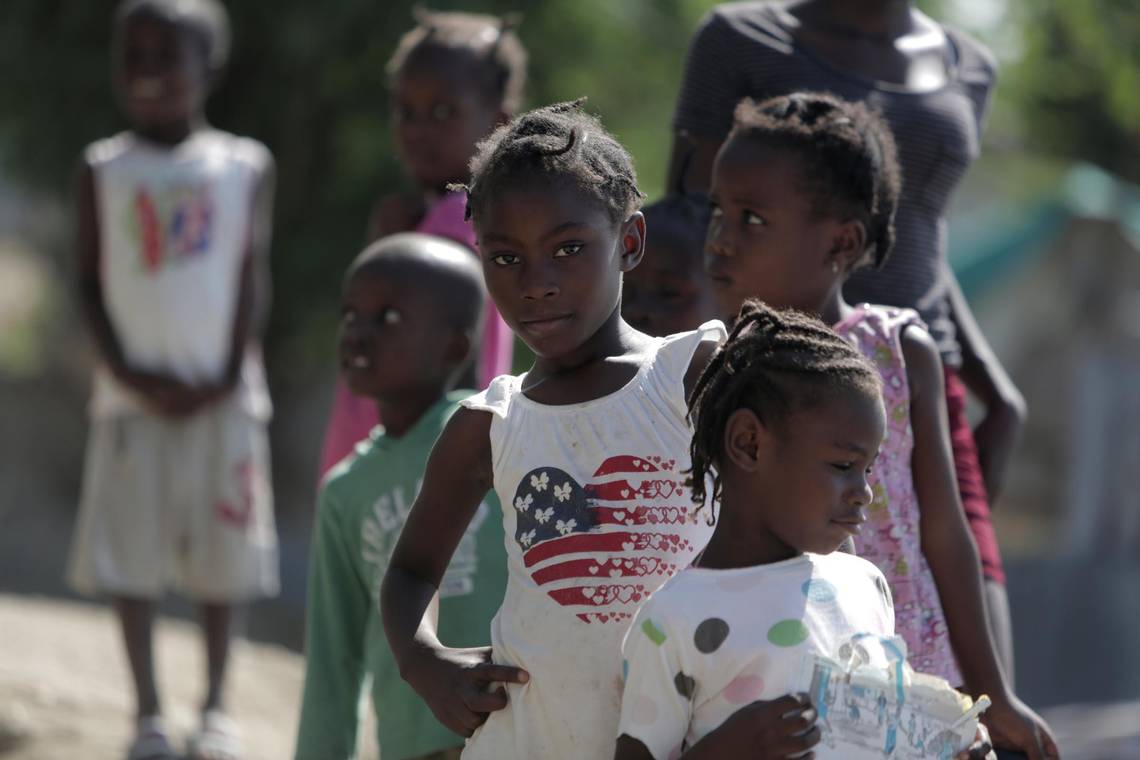
Ten years after a catastrophic earthquake, Haiti is still the poorest nation in the Americas. It still has a government perceived as one of the world's most corrupt, and it still suffers chronic political instability. Haiti's 500-year legacy of slavery, colonialism, military occupation and dictatorship couldn't be erased in a decade but so much more progress could have been made. The international community, including the United States, promised to help after the earthquake, and it didn't deliver.
The earthquake that shook Haiti on Jan. 12, 2010, killed 316,000 people, injured 1.5 million and left more than 10 percent of the nation's population homeless. An already-weak country was knocked flat on its back.
The 10th anniversary of Haiti's great disaster is an occasion for deep regret for what could have happened over these years. Haiti's tragedy brought opportunity. For once, Haiti was a focus of sustained international attention. Governments and aid organizations pledged to devote substantial resources to Haitian recovery, reconstruction and development. The earthquake held a silver-lining promise of setting Haiti on a new path.
The opportunity has not been lost altogether, but neither has it been fully grasped, as The Miami Herald's Jacqueline Charles reports in a series prepared in partnership with the Pulitzer Center on Crisis Reporting.
Charles describes the streets of Haiti's capital, Port-au-Prince, as no longer choked with rubble. But she also tells of tens of thousands living in shantytowns built of tarps and tin. The post-quake decade has not alleviated Haiti's deep poverty or reduced its vulnerability to epidemics and disasters.
The international community bears a large share of responsibility for the dimmed promise of Haitian recovery. An investigation led by Dr. Paul Farmer, former special adviser to the United Nations secretary general, found that less than two-thirds of the billions of dollars worth of aid pledged to Haiti during the first two years after the earthquake had actually been disbursed.
A lack of follow-through is not the only problem. Farmer's report, "Lessons From Haiti," also found that what aid did arrive wasn't invested well. Other countries and aid organizations have gone to Haiti with their own personnel and contractors – and then they leave without having created sustainable local reconstruction expertise and infrastructure.
The Interim Haiti Recovery Commission, which was chaired by former President Bill Clinton and backed by the United States, was supposed to oversee reconstruction after the 2010 earthquake, but it was an abject failure. On the anniversary, Clinton is having to answer tough questions about the failed promise of the reconstruction — and he should.
Haiti's political instability — seven governments and four presidents in 10 years — has complicated and slowed reconstruction work, too. But Haiti will remain unstable until it recovers more fully. The global community, including the U.S. Agency for International Development, must resolve to keep its 2010 commitments, and preserve the hopes for a new beginning that were kindled by the earthquake.
President Donald Trump must also drop his administration's efforts to end Temporary Protected Status for the 46,000 Haitians currently enrolled, and many of whom arrived in the United States after the earthquake. The conditions that caused Haitians to flee their country persist 10 years later. Many of these people have established lives and families in the United States. Forcing them to return would be cruel and disruptive.
So many promises were made to Haiti. It's not too late to deliver on them.





